Greening for Everyone
Chester County is a green country place. Both good landscaping and local food opportunities can be woven throughout the county's existing and new communities to continue this green heritage.
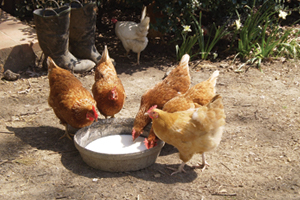
Backyard Chickens
Eggs are a great local food that can reduce long-distance shipping.
Action: Through their zoning ordinances, local municipalities can allow backyard chickens while making sure they are not a nuisance to neighbors. Learn More
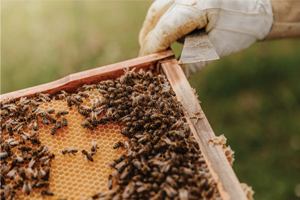
Beekeeping
Much of the plant kingdom is dependent on pollinators, like bees, to reproduce, and this is particularly important for local fruit and vegetable production.
Action: Municipalities can permit beekeeping in their ordinances with regulations that also protect the general population. Learn More
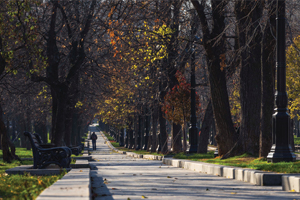
Tree Towns
Broader tree coverage in communities, known as the urban tree canopy, creates a linked network that benefits animals, people, and the economy.
Action: Municipalities can protect trees through their subdivision and land development ordinances, create shade tree commissions, and become a Tree City USA through the Arbor Day Foundation. Learn More
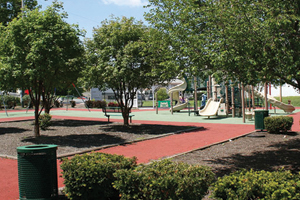
Parks
Having a wide variety of parks near people improves health and reduces transportation energy use.
Action: Municipalities can purchase park land of various scales and types to make sure all neighborhoods are served by these critical facilities.
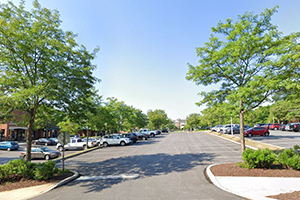
Parking Lot Landscaping
Parking lots can be designed with extensive landscaping that reduces heat islands, keeps parked cars cooler, and provides filtration for stormwater.
Action: Through their subdivision and land development ordinances and through their review process, municipalities can require planted islands with shade trees, rain garden, and groundcover.
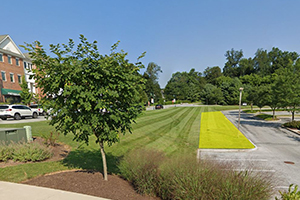
Reserve Parking
Having less parking means there will be less impervious coverage and less polluted runoff in streams.
Action: Since too much parking is often built, municipalities can lower many of their current parking ratios in their zoning ordinances. Alternatively, communities can allow some of the required parking to be put in "reserve," which means it is left green and undeveloped until needed. Learn More
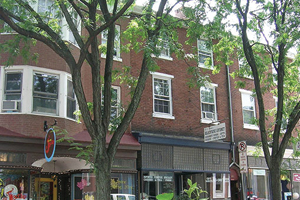
Street Trees
Trees beautify streetscapes, muffle sounds, absorb dust, provide shade, and increase property values.
Action: Municipalities can require, plant, and maintain street trees, which many do through a shade tree commission.
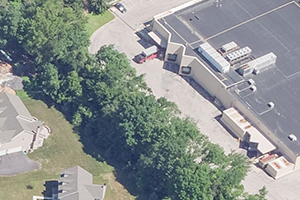
Buffers
The landscaping in buffers reduces the impacts of land uses on each other, including visual, noise, light, and dust impacts, and provides opportunities to create pockets of diverse plants and habitats.
Action: Municipalities can require a wide range of tree types and plants in their required buffer areas. Learn More
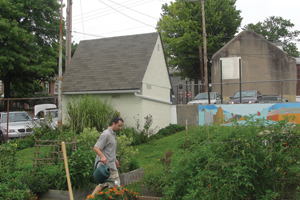
Community Gardens
Community gardens provide opportunities to grow food locally, which means that this food doesn't need to be shipped from elsewhere, with all the environmental impacts that come from shipping over long distances.
Action: Local municipalities can provide space within their parks or other land for community gardens. Learn More
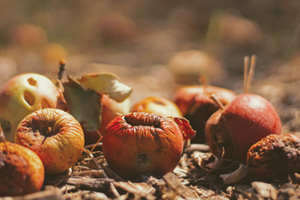
Composting
Composting can reduce the amount of waste burned or landfilled while also creating a product that absorbs rainwater, limits erosion, supports plant growth, and replenishes soil nutrients.
Action: Municipalities can collect and compost organic matter, such as leaves and yard waste, to make compost and mulch available to their residents. Learn More


